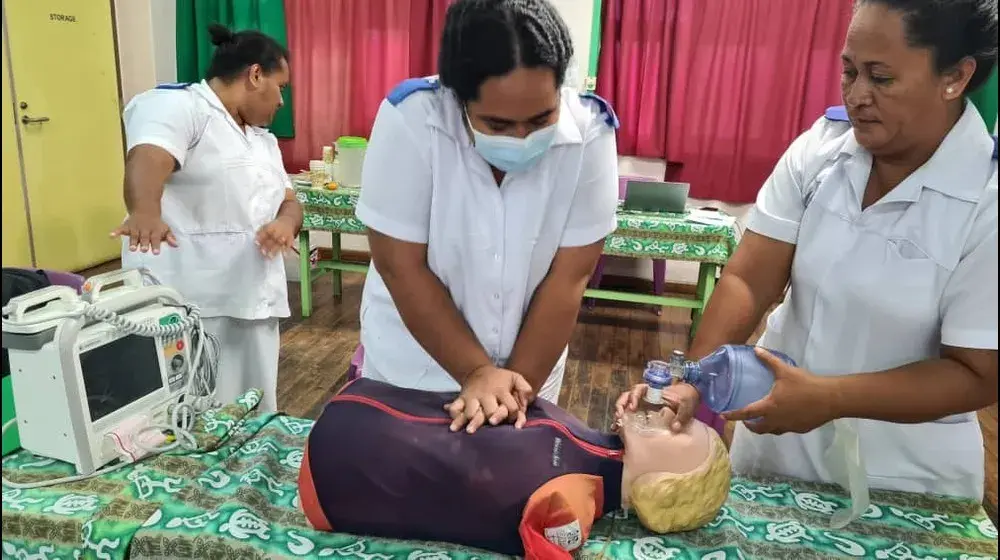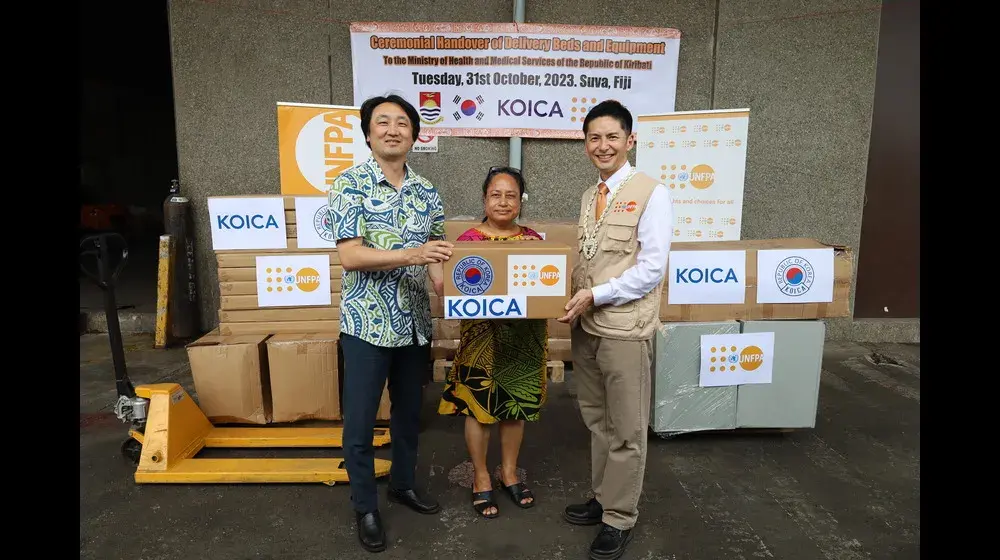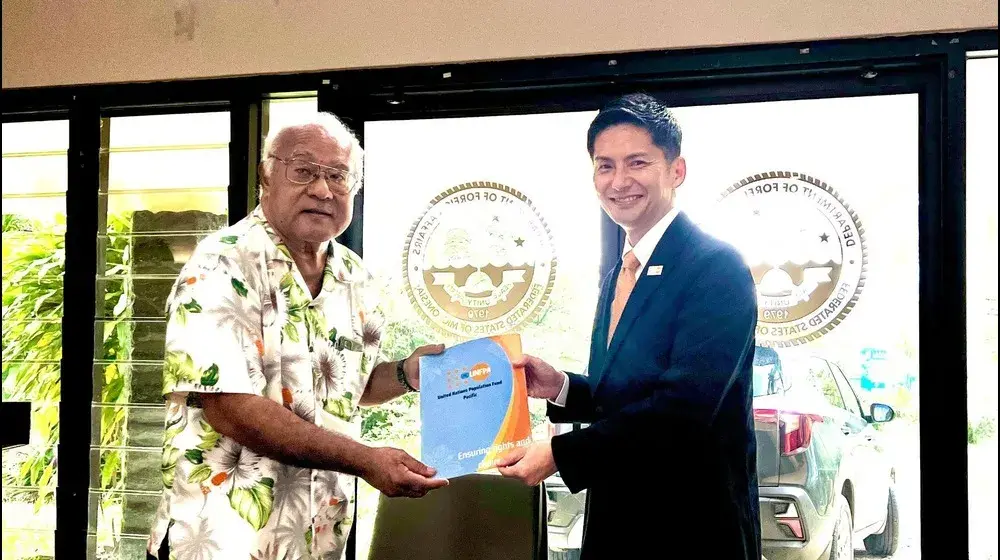THE issue of adolescent pregnancy received prominent coverage in The Sunday Times (25/05/2014) based on Ministry for Health records confirming 1624 adolescent pregnancies in 2013.
Commentators in consequential articles covered the role of the family, particularly parents, in the issue of teenage mothers in Fiji and probable causes was linked to the lack of family time, the omnipresence of pornography and the responsibility of sexually-active individuals.

A faith-based organisation weighed in with the need to teach children (Christian) values relating to sex and reference was made to a recent study which found that 16 per cent of the women interviewed first had sex before they turned 15. Herein, adolescent pregnancies caused by forced sexual encounters entered the public discourse.
Relatively-speaking though, Fiji's record is not so bad when you discuss the country's estimated adolescent fertility rate (the number of births per 1000 women ages 15-19) which is 43, while Papua New Guinea's 62 and Solomon Islands 65. Australia's rate is 12, Kiribati 17 and in Europe, Austria's rate is four while Frances' six.
However when one considers that private practitioners do not necessarily share their records based on the age-old doctor-patient confidentiality pact, implicit is a consideration for possibly a lot more cases than public records indicate.
A day after the adolescent pregnancy headlines, a feature article appeared on Nanise Ratu, a retiree of the Ministry for Health now involved in community sexual and reproductive health outreach through the women's resource centre in Taveuni, a national project supported by the United Nations Population Fund, UNFPA.
Mrs Ratu spoke of the uptake of condoms by young people once discussions around it had broken down socio-cultural inhibitions; she emphasised the role of parents in the capacity of their children to make wise decisions, and she welcomed and described the provision of condoms through the resource centres as "a great one (initiative) and had been greatly accepted by the youth".
On the same day, another feature article focused on obstetric fistula, a condition developed after days of obstructed labour without treatment. Over the course of the three to five days of labour, the unborn child presses against the mother's vagina very tightly, cutting off blood flow to the surrounding tissues. The obstetric fistula develops (a tear) between the rectum and the vagina or the bladder and the vagina.
For women who survive, their fate is social isolation which quickly leads to depression, increased poverty and chronic illness, because they are unable to control the passing of urine or faeces anymore. Every day 800 women still die from pregnancy or childbirth complications; for every one woman who dies, 20 or more are either injured or become disabled. Obstetric fistula is preventable but two million women continue to live with it in Sub-Saharan Africa, South Asia and Arab countries, and every year, 50,000 to 100,000 new cases are recorded.
And what does all this have to do with adolescent pregnancy, you ask? Adolescent pregnancy occurs when society as a whole connives into reality an enabling environment for adolescent pregnancy. The failure of governments to ensure adolescent girls and women access correct and timely sexual and reproductive health information and services or to address the socio-cultural-informed gender dynamics which are hostile to women and girls contribute to that enabling environment.
When society which is really, you and me, continue to allow that, we place our adolescents and young mothers in harm's way - it may not be obstetric fistula but it could be maternal mortality. The rippling effect of not completing school or having to get married because of a pregnancy, on the adolescent girl's future prospects need not be spelt out.
Adolescent pregnancy is as much a health issue as it is a rights issue. When teenage boys and girls do not have the correct information on their sexual and reproductive health, they make decisions which can lead to contracting sexually-transmitted infections like HIV or pregnancy.
As girls move into adolescence and young adulthood, their needs for sexual and reproductive health services increase acutely. Lack of access to these services can have lasting impact on a girl's health and opportunity.
Young people are still too often excluded from decision making processes that directly affect their lives. About 76 per cent of countries reported during the International Conference on Population and Development (ICPD) Program of Action (PoA) implementation review that they had instituted concrete procedures and mechanisms for the participation of adolescents and youth in making decisions that affect youth.
A safe, successful and healthy passage from adolescence into adulthood is the right of every child. This can only be fulfilled if families and societies make focused investments and provide opportunities to ensure adolescents and youth progressively develop the knowledge, skills and resilience needed for a healthy productive and fulfilling life.
Adolescents and youth are central to the future development agenda. There are 1.8 billion people aged 10-24 in the world - one quarter of the world's population comprise adolescents (10-19 years) and youth (15-24 years). We must take advantage of this as an opportunity to fully benefit from it, we must invest in young people today.
"Breaking the cycle of adolescent pregnancy requires commitment from all of us to invest in adolescent girls," UNFPA Pacific Sub-Regional Office director and representative Dr Laurent Zessler said. "Ensuring effective livelihood skills and access to sexual and reproductive health and comprehensive sexuality education, is essential to their development and that of their families, communities and countries."
Investing in young people can perhaps begin in collectively bringing into reality an enabling environment where every pregnancy is wanted, every birth is safe and every young person's potential is fulfilled.
Adolescent pregnancy needs to be addressed for a future of youth in fundamentally good health. They deserve nothing less.




